[This post was originally written in November 2014, but I've updated it many times since then, because my understanding of mindfulness continues to change and grow.]
When I typed "mindfulness" into Google there were 40,600,000 results. Mindfulness is a big hit, or maybe a buzzword? It feels intuitive, as if we know what it means, yet a clear definition eludes us. I appreciate when someone asks me, "What is a mindfulness teacher?" Indeed, what is mindfulness, really? I'll take a crack at an answer: Mindfulness is an embodied awareness of the present moment; an open yet focused awareness of what is—not in the past or the future, but right now. And mindfulness doesn't expect things to be a certain way. It allows for the current experience, as is.
If this definition feels foreign, it's because we live few mindful moments. We don't know what is, because we think, judge, numb, ignore, and distract. Busyness leaves no space for what is. And we don't know how to allow, because we crave what we don't have and we resist what we do have. We continually search for something else. This is human nature. If you feel mind-less, you're not alone. Yet there are good reasons to be mindful.
Neuroscientists say we can retrain and change our brains. If we practice mindfulness, we more effectively pay attention, regulate emotions, and process information. We reduce anxiety and boost immunity.

Mindfulness is a life-saving path, but it's not easy. In my experience, three pieces of wisdom light the way:
Regular meditation is necessary.
Meditation is a direct lens into our mind. At first we see wild, untamed thoughts. Then we see gaps. Eventually we see connections: a thought leads to a sensation leads to an action. We also see the impermanent nature of thoughts and feelings. Nothing lasts forever. It's helpful to pause throughout the day. Pause and ask the question: what's going on inside me right now? These pauses enhance everyday mindfulness, but they aren't meditation. Formal meditation allows for deeper inquiry. And it's a bigger commitment. There's a different quality when I set a timer and stay: stay with whatever arises—busy mind, doubt, fear—gently coming back to my breath, over and over. I stay until the bell rings.
Daily meditation (even 5 minutes) is a direct route to awareness.

Resistance happens.
The modes of resistance are many: I don't have time, my mind is too busy, this is stupid, I feel uncomfortable, I'd rather do something else. Resistance occurs initially and it reoccurs far down the path. I find this comforting: I'm not alone; my resistance is normal. A commitment to mindfulness requires both honesty and gentleness. It's an honest look at whatever arises—no turning away from unpleasant discoveries (including resistance). Yet the practice is gentle—again and again, with kindness, return to the present moment.
You will resist. You will come back. And it's all okay.

Awareness brings freedom.
Mindfulness is a practice. Results appear gradually and in surprising ways. If we meditate, work with resistance, and stay with our experience, we live more mindful moments. We see differently. We love differently. We're at peace, not war, with life.
My two most important personal insights: 1) it takes more energy to push away my pain than it does to feel it, and 2) until I love myself—as is—I can't fully love others. These insights came through years of practice. They arrived first in a heady way and then in an embodied way. I eventually trusted my ability to be present. The insights uncovered choices and led me to intentional action. My awareness brings me freedom.
The journey inward is difficult. We resist dark places and we crave happiness. We re-learn the same lessons in different ways. But if we're patient, we arrive (and re-arrive) at awareness. Mindful awareness. Open awareness. Alive awareness. And that's a beautiful way to spend a life.


